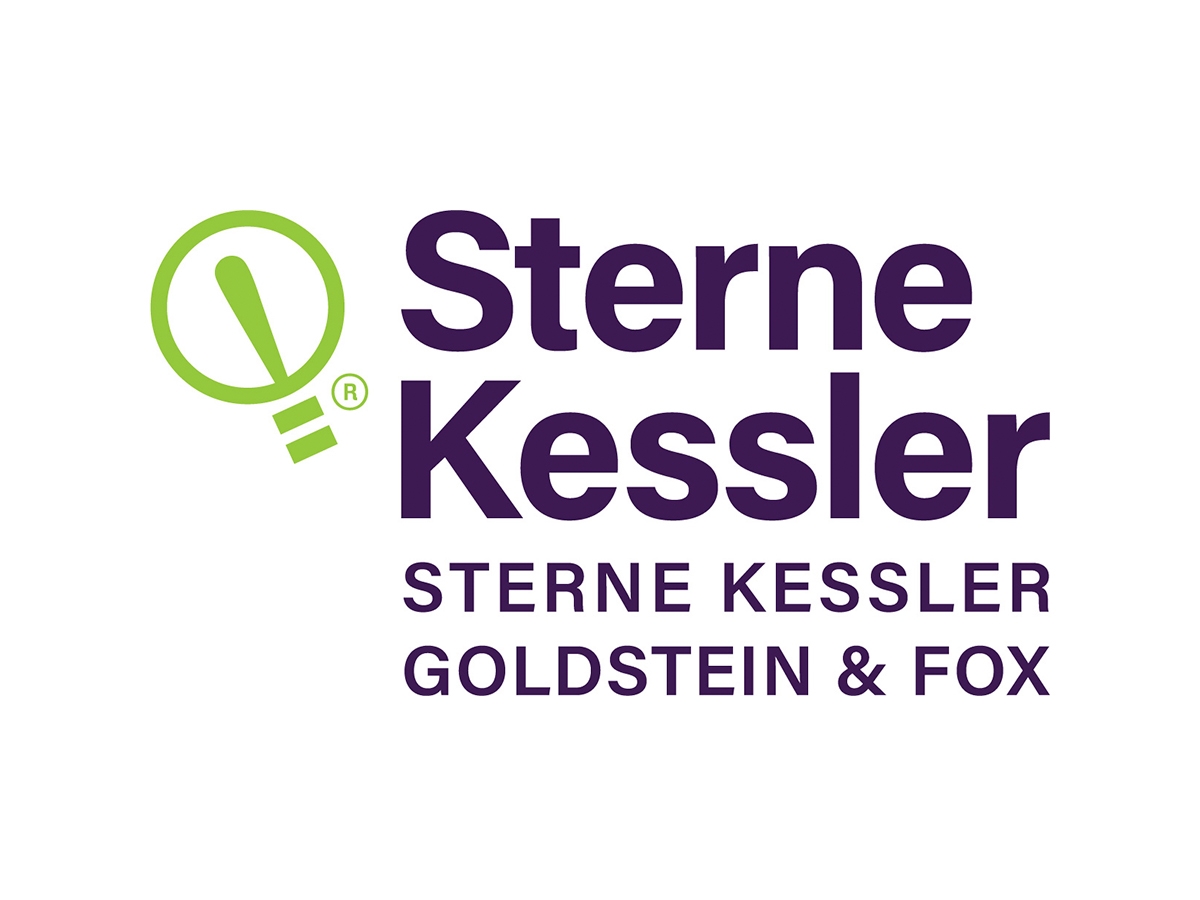USPTO Suspends Attorney-Sponsored Accounts Connected to Foreign Sponsorship Scam
“The USPTO website details how these scammers lure in U.S. attorneys, who then have ‘little to no involvement in the application process,’ which is a violation of the Office’s rules.”
Earlier this week, the U.S. Patent and Trademark Office (USPTO) suspended the sponsored accounts of two U.S. attorneys who loaned their name and bar credentials to an Indian law firm so they could file trademark submissions in violation of USPTO rules. The Indian firm used the names of the American attorneys to pose as U.S.-based attorneys and represent clients in trademark registration.
The accounts were suspended for violating the Trademark Verified Account Agreement. The USPTO removed the attorneys’ authorization to sponsor attorney support staff accounts on the USPTO.gov system.
The USPTO sent the two attorneys, Julian Haffner of YK Law and Grace Lee Huang of Meritech Law, letters in September notifying them of the violations and resulting suspension.
Scam
In an announcement on Monday, the USPTO said, “we’ve learned that numerous foreign filing firms are soliciting U.S.-licensed attorneys to try to scam the USPTO.”
Lyptus Partners, an India-based law firm, used the two attorneys’ names and credentials in trademark submissions to make it appear that the submissions were sponsored by U.S.-based attorneys. The USPTO found that Lyptus’s CEO, Rajatpreet Singh Modi, advertised that he would be “your U.S. trademark attorney” for just $10.
Modi and his firm used the freelancing platforms Upwork and Fiverr to solicit U.S.-licensed attorneys to “partner with” so Lyptus Partners could “use [the U.S. attorney’s] details for the attorney section.” On Modi’s Fiverr account, he boasted that he had “300+ successful trademark registrations under my belt,” and his Upwork profile said, “we have filed more than 4000 trademark applications for our clients in the U.S.”
Both Haffner and Huang received their account suspensions for working with Lyptus Partners; no other foreign filing firm was mentioned in their suspension order letters. The two attorneys are barred from sponsoring accounts on the UPSTO online system, and all UPSTO.gov accounts sponsored by the two attorneys were also suspended.
The USPTO website details how these scammers lure in U.S. attorneys, who then have “little to no involvement in the application process,” which is a violation of the Office’s rules. In addition to an account suspension, attorneys found to be in violation of these rules may have their case referred to the USPTO Office of Enrollment and Discipline. Both attorneys in this case were notified that their case would be referred for “further consideration of how your conduct, and the conduct imputed to you by the parties you have sponsored, comports with the USPTO Rules of Professional Conduct.”
The USPTO asks U.S. attorneys who receive these types of solicitations to report them to TMScams@uspto.gov.
Battling Trademark Fraud
The USPTO has been fighting an uphill battle against trademark fraud for several years, with a number of actions being taken by Congress and the USPTO to combat it. In 2019, Senator Thom Tillis (R-NC) led a hearing of the Senate Judiciary Committee’s Subcommittee on Intellectual Property on fraudulent trademarks.
The main focus of the discussion around improving trademarks centers on fraudulent trademark filings from China that overwhelm the USPTO. This occurs against the backdrop of increasing economic tensions between the United States and China.
According to a January 2021 report from the USPTO, “U.S. trademark filings from China increased by 1,264 percent” between 2013-2017. The increase is partially driven by non-market factors such as the Chinese government issuing subsidies for individuals who register trademarks in foreign countries including the United States. The USPTO claims that fraudulent trademark applications from China surged after several Chinese cities began offering these subsidies. The USPTO report also states that the Chinese government ordered state-owned enterprises to increase their foreign trademark filings by 50%.
The USPTO has made several moves to make trademark fraud more difficult. In June 2022, the organization announced that, in August 2022, all trademark filers would be required to verify their identity before filing an electronic trademark form.
The USPTO has also made several high-profile cases against Chinese companies involved in trademark fraud. In August, the USPTO accused a Shenzhen-based company of filing hundreds of trademarks under a dead attorney’s name. Thus far in 2022, the organization has issued 35 sanctions orders, four show-cause orders, and two sponsored account suspension orders.
Image acquired via AdobeStock.
Alec Pronk
Alec is a freelance journalist and editor who has covered a broad range of topics ranging from international law to US foreign policy. He holds a master’s degree in political […see more]







